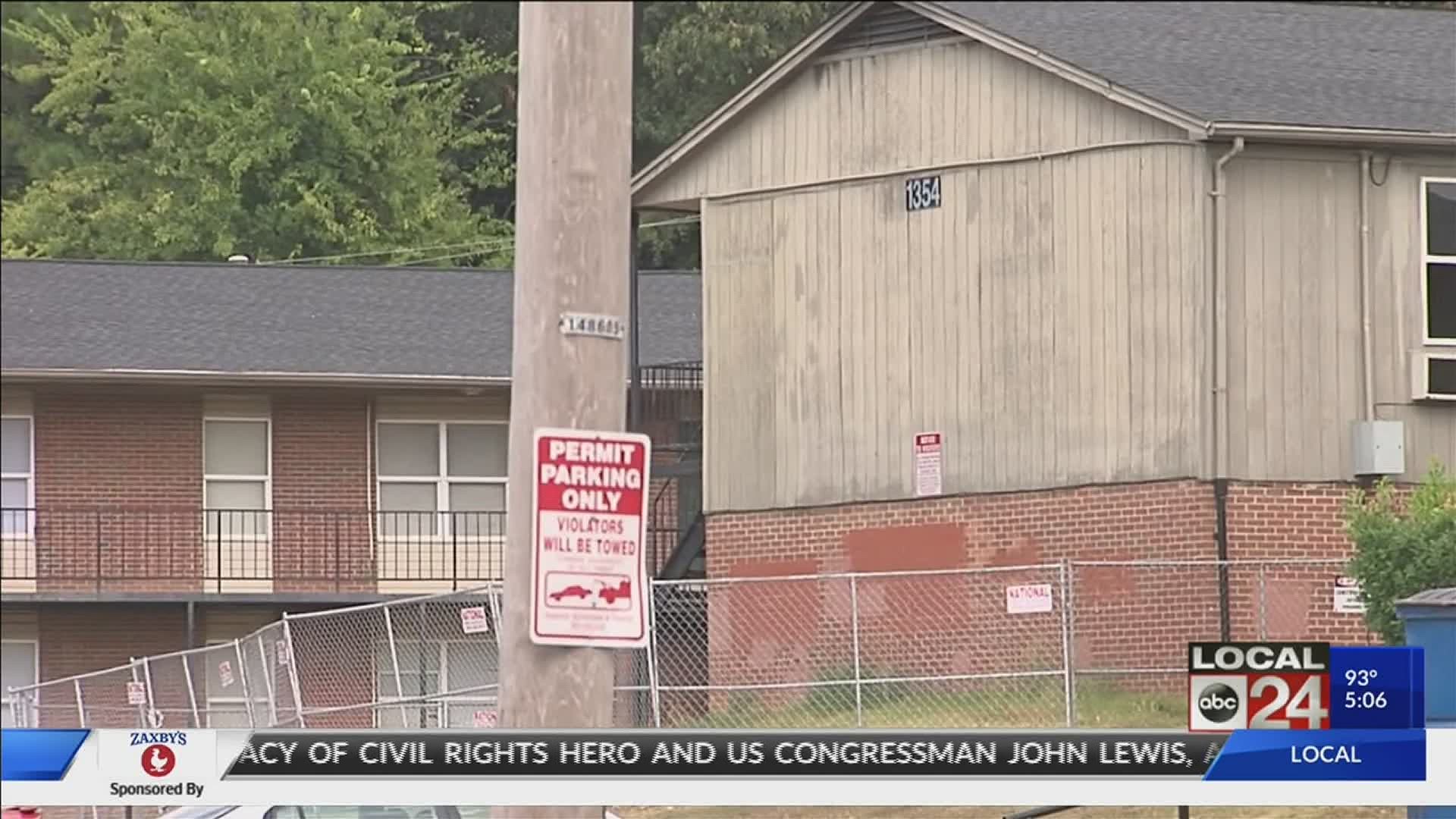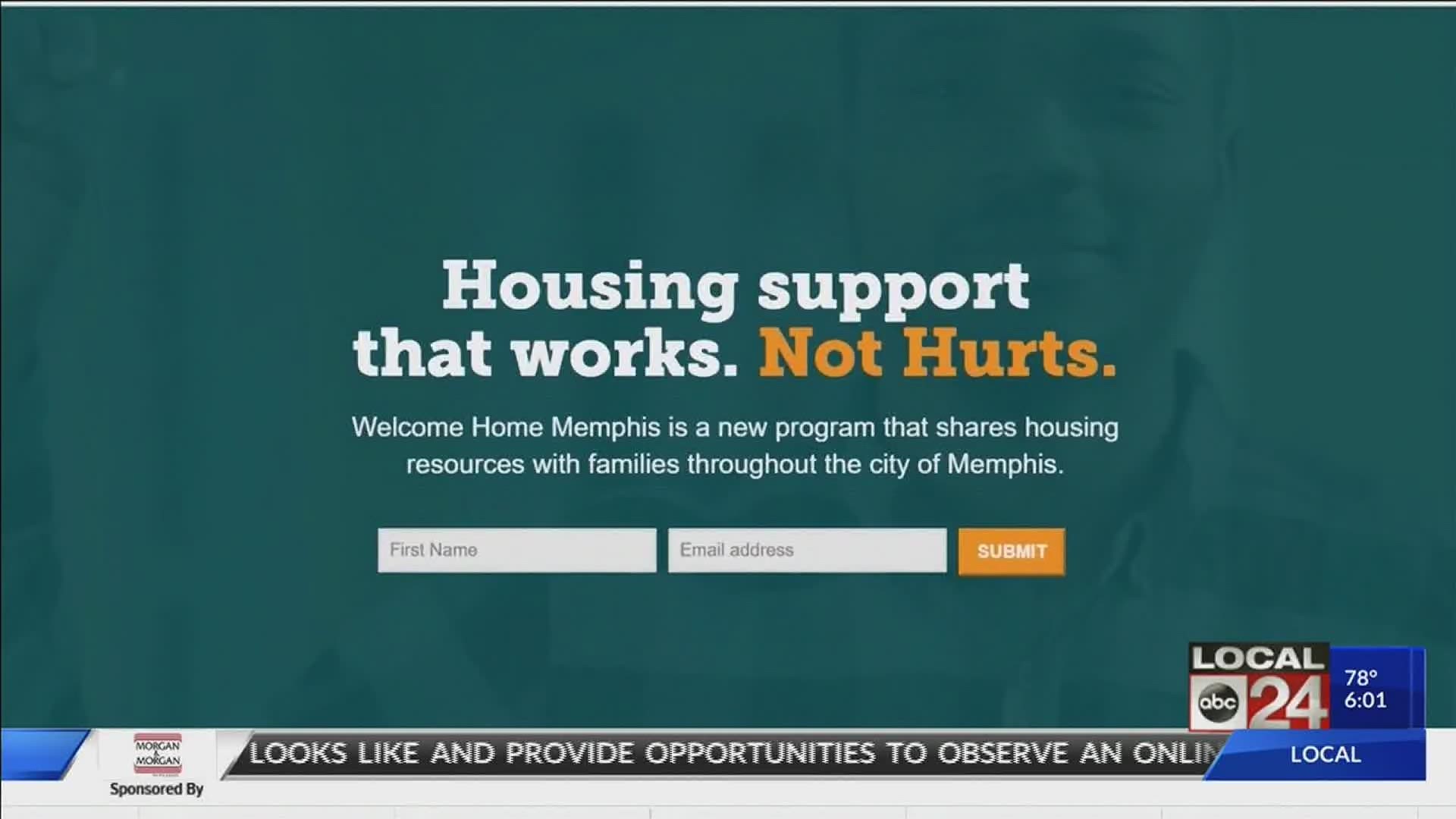MEMPHIS, Tenn. — On Saturday, the federal eviction protections, outlined in the CARES Act, for federally subsidized or federally backed housing will end.
One analysis shows that 12 million Americans could be at risk of eviction.
When Shelby County courts reopened in June, more than 9,000 evictions were on the docket. With protections and soon the $600 a week unemployment payments ending, lawyers are bracing more evictions to be filed.
"I fear a flood of evictions and our clients, the number of calls have substantially increased," Cindy Ettingoff, Memphis Area Legal Services CEO, said.
MALS partnered with the city of Memphis and Shelby County to establish a $2 million eviction protection fund for people facing evictions as result of COVID-19. More than 1,000 people have applied since the application portal opened.
Ettingoff also volunteers her legal expertise to the St. Vincent De Paul Society, which she sees as a grim vision of what's to come. She said during the month of May, they had 3 to 4 rent assistance requests. There was 44 more requests made in the first half of July.
“What we know is, if it’s happening there, if we’ve had that much of an increase in what would be a more affluent area, then it’s darn sure going to beat us to death in the other areas," she said.
Through the eviction settlement fund, attorneys will be matched with clients facing evictions. They'll attempt to negotiate a settlement with the landlord to get the eviction notice dropped.
“Like any negotiation, if the landlord is not interested and we can’t meet their perimeters, we can’t fit what the landlord feels like they need, under these circumstances, it would appear that anything beats nothing," she said. "If you’re a landlord and you’ve got several pieces of property, that even getting 50% on the dollar beats not getting a dime.”
To qualify for the assistance, one must be directly impacted by COVID-19 in the following ways: lost a job, furloughed or had hours significantly reduced, lost childcare and couldn't find a replacement, got sick with COVID-19, were asked to quarantine, or had to take care of someone sick. The second tier is the person doesn't have a viable option to move in with family or friends.
“It’s not because we’re really trying to be noisy," Ettinghoff said. "It’s just that we know that the funds are limited and we’re very, definitely, trying to help the people that who are desperate, who are absolutely without any other option.”
The CARES Act also required landlords to give a 30 day notice for evictions. Ettinghoff said her office is currently investigating suspected cases where landlords didn't even give a 10-day notice.
Before an eviction notice gets filed against you, Ettinghoff stresses to reach out to landlords in advance.
"Reach out to the landlord and explain the circumstances and ask if they’ll work with you," she said. "We have tenants who pay $200 a month."
For more information on assistance, visit home901.org.



